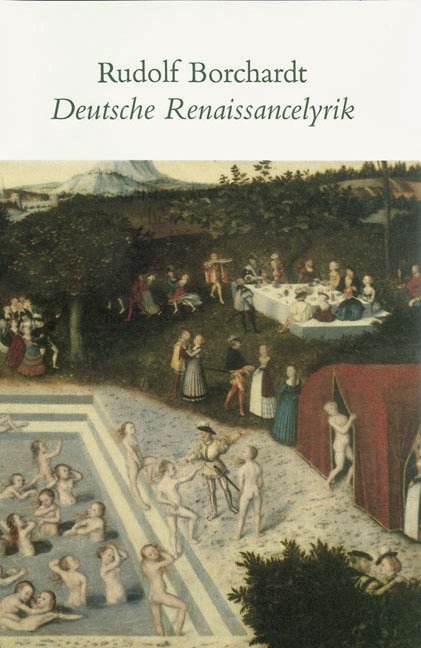Sinnlich, frech und wie eben improvisiert klingen diese zumeist anonym, aber z. B. auch von Orlando di Lasso vertonten Stücke, charmant und brünstig, melancholisch und augenzwinkernd, ein Reigen von Versen an das "Mysterium Frau". Rudolf Borchardts berühmter Anthologie "Ewiger Vorrat deutscher Poesie" tritt hier eine zweite an die Seite: deutsche Liebesgedichte des 16. Jahrhunderts. Das Buch erschließt die bis heute verschollene weltliche Seite der Dichtung zwischen Mittelalter und Barock. Die Liedtexte werden nach der von Borchardt beabsichtigten Anordnung wiedergegeben. Ein kritischer Apparat bietet Vorlagen und Varianten, das Nachwort skizziert die Bedeutung des Projekts in der Traditionsdebatte der zwanziger Jahre.



